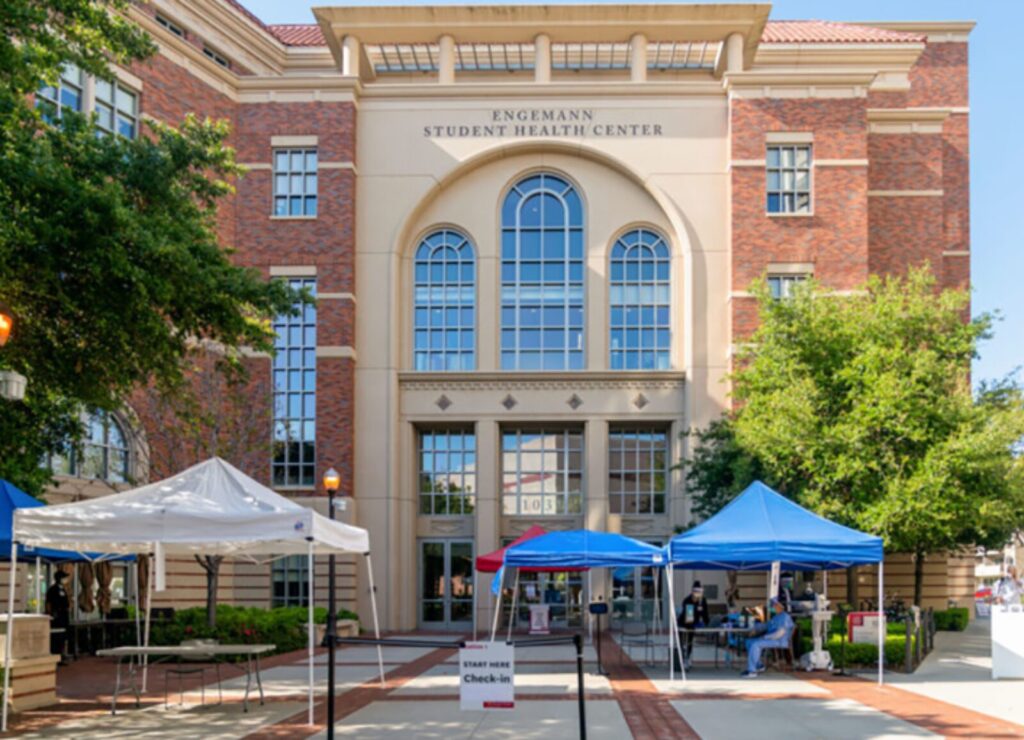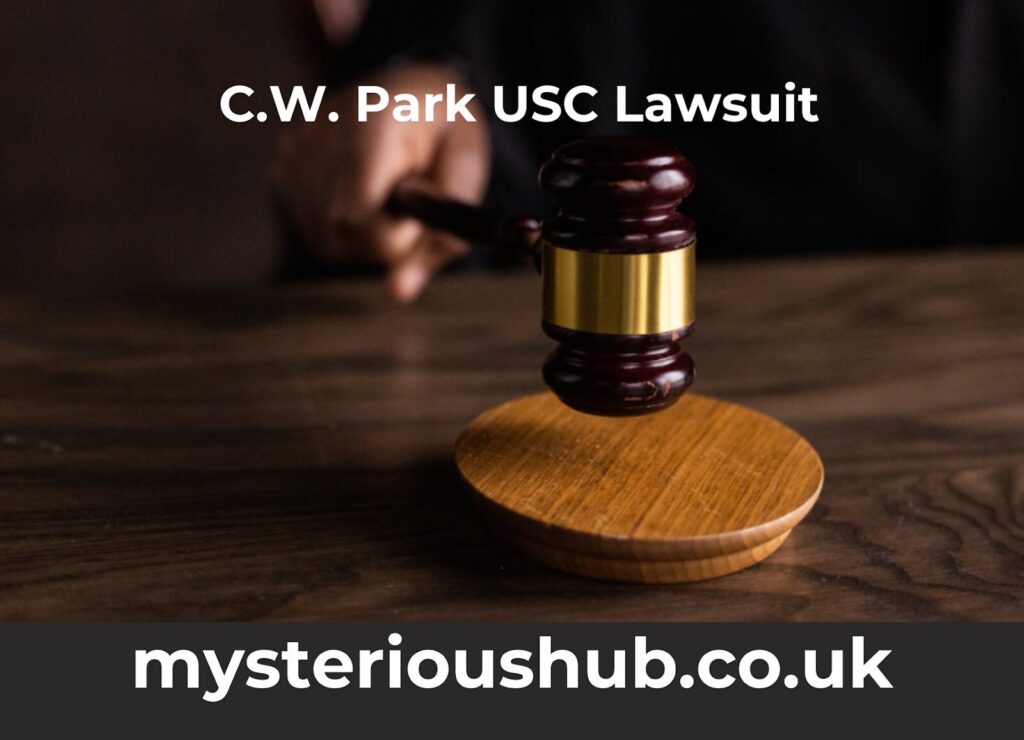Summary
The C.W. Park USC lawsuit highlights the troubling issue of sexual misconduct in academia and the challenges institutions face when addressing allegations against prominent faculty members. The case began in 2021 when Jane Doe, a former student, accused USC Marshall School of Business professor Choong Whan Park of sexual assault, harassment, and discrimination. Multiple women have come forward with similar accusations, alleging a pattern of predatory behavior.
USC faced criticism for its initial handling of the case, with accusations of inadequate investigation and slow response. The university’s Title IX investigation results were not made public, leading to calls for greater transparency and accountability. Jane Doe filed a lawsuit against both Park and USC, alleging Title IX violations for failing to address the misconduct appropriately.
Introduction to C.W. Park USC Lawsuit
In the realm of academia, where integrity and knowledge are highly esteemed, the USC lawsuit stands as a stark reminder of the potential pitfalls of power abuse and the devastating impact of sexual misconduct. The University of Southern California (USC) finds itself embroiled in a complex and divisive issue that surfaced in 2021, shedding light on the alleged predatory behavior of one of its prominent professors.
Chronicle of Accusations
The legal saga began when a former USC student, identified as Jane Doe, filed a lawsuit accusing tenured Marshall School of Business professor Choong Whan Park of sexual assault, harassment, and discrimination. Jane Doe contends that Park created a hostile environment through inappropriate advances, unwanted touching, and sexual remarks over a three-year period. Her case, however, is not an isolated incident, as multiple women, including former research assistants and students, have come forward with similar allegations. These accounts paint a troubling picture of a pattern of predatory behavior, particularly directed at young female students, particularly those of Korean-American descent.
C.W. Park USC Lawsuit Controversial Response
Criticism has been leveled at USC for its handling of the Park case. Detractors argue that the university’s investigation was inadequate and its response time sluggish, allowing Park to continue teaching and advising students while the allegations remained unresolved. The Title IX office at USC initiated an investigation in 2021, but the results were never made public, raising concerns about the university’s commitment to student safety and its professed values of equity and respect.
Legal Proceedings: Pursuit of Justice
In April 2021, Jane Doe took legal action against both Park and USC, seeking punitive and compensatory damages. The lawsuit alleges that the university violated Title IX, a federal statute prohibiting sex-based discrimination in educational programs or activities, by failing to appropriately address the accusations against Park. The court proceedings have been protracted and complex, with Park maintaining his innocence, refuting all misconduct allegations, and filing a motion to dismiss the case.
The Fallout: USC Faces Scrutiny
The C.W. Park USC lawsuit case has left an indelible impact on the university community. Outraged students, staff, and alumni have expressed disappointment with the institution’s response, demanding increased accountability and transparency. In response to mounting pressure, USC has strengthened its Title IX regulations and procedures and established a task force to review and improve its handling of sexual misconduct allegations, appointing a new Title IX coordinator.

A Path Forward: Prioritizing Campus Safety
While the outcome of the USC lawsuit remains pending, its reverberations have prompted USC to reevaluate its approach. The case serves as a wake-up call to address the pervasive issue of sexual misconduct in higher education, emphasizing the urgent need for institutions to create safer and more equitable learning environments. As USC navigates the ongoing legal process, its commitment to safeguarding students and holding perpetrators accountable will be crucial in shaping the institution’s reputation and ensuring the safety of its student body.
Conclusion
The C.W. Park USC lawsuit has cast a long shadow over the hallowed halls of academia, revealing the challenges institutions face when confronting allegations of sexual misconduct involving esteemed faculty members. As the legal proceedings continue, the case serves as a catalyst for broader discussions on the importance of prioritizing campus safety, fostering transparency, and upholding the values of equity and respect within educational institutions.
The controversy surrounding USC’s handling of the accusations against Professor Choong Whan Park has ignited a demand for increased accountability and a reevaluation of Title IX procedures. The university’s response, marked by strengthened regulations and the establishment of a task force, signals a recognition of the need for institutional reform. However, the ongoing legal battle underscores the complexity of addressing such sensitive issues within the framework of the law.
The fallout from the lawsuit has resonated deeply within the USC community, prompting introspection and a commitment to creating safer learning environments. As the university navigates this challenging terrain, it is incumbent upon institutions of higher education to proactively address and prevent instances of sexual misconduct, ensuring the well-being of their students and the preservation of academic integrity.
FAQs
1. What triggered C.W. Park’s lawsuit against USC?
C.W. Park’s lawsuit was triggered by allegations of breach of contract and discriminatory employment practices by USC.
2. What are the potential legal outcomes of this case?
The case could either be settled out of court or go to trial, resulting in a variety of legal precedents concerning employment law in academia.
3. How has the academic community reacted to this lawsuit?
The academic community has been closely monitoring the case, as it raises important questions about faculty rights and university governance.
4. What changes might USC implement as a result of this lawsuit?
USC may revise its employment practices and policies to better protect the rights of its faculty and avoid similar legal disputes in the future.
5. Why is this case significant beyond USC?
This case is significant as it could influence employment practices and legal standards across higher education institutions nationwide.


